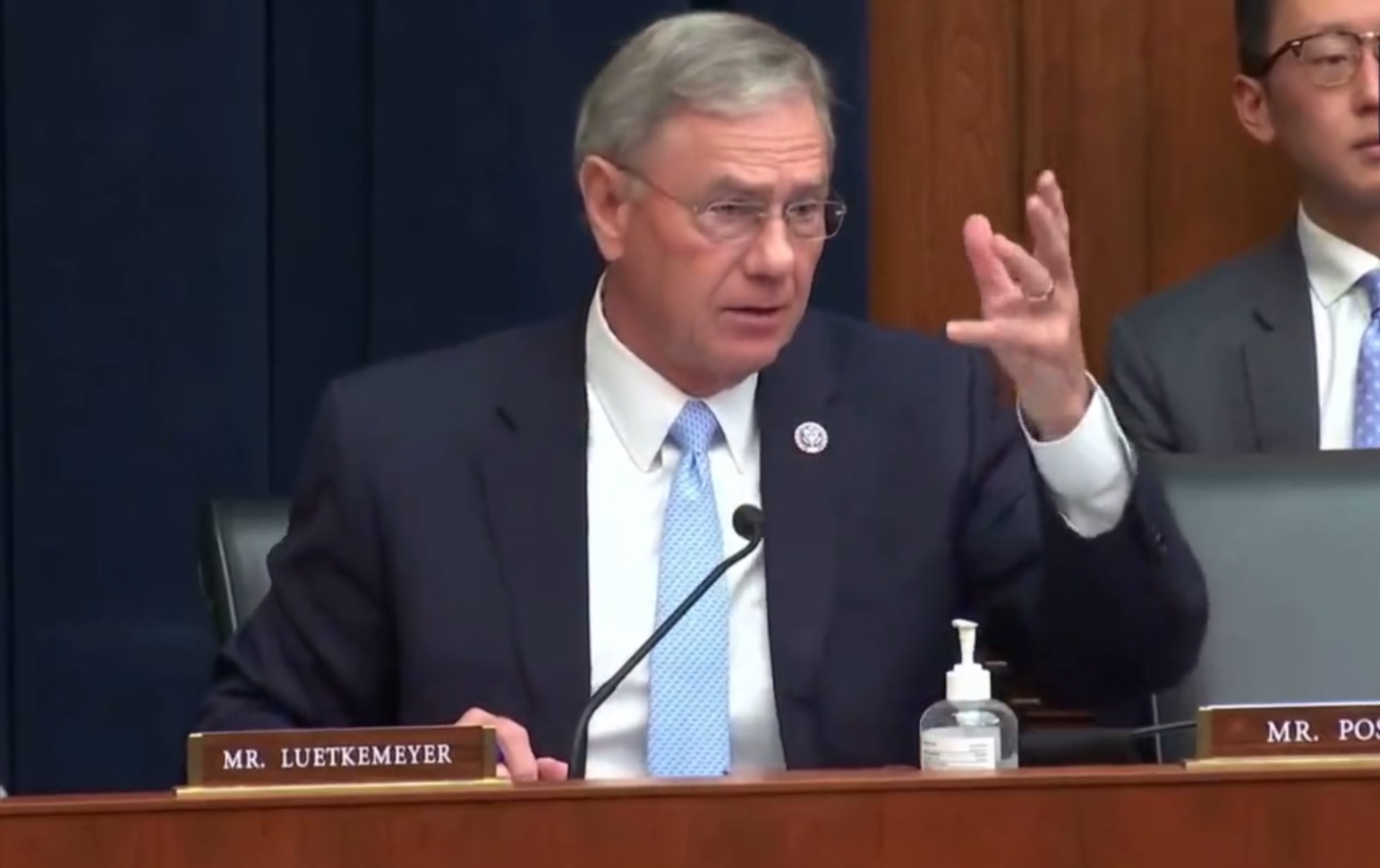Have a story idea
Have a story idea? Send it to us here.

Source : House Committee on Small Business Republicans
May 3, 2022
Author : Alex Bustillos
Led by Rep. Blaine Luetkemeyer, all Republicans on the House Committee on Small Business introduced the IMPROVE the SBA Act.
While focusing on accountability in regards to coronavirus relief administered by the SBA, the bill contains other measures, like banning organizations primarily occupied with lobbying Congress from receiving any SBA funds as well as companies that are principally doing Business in China or “owned by a Chinese entity.”
Republicans would also put an end to the “equity” initiatives that have been favored by the Biden Administration and hand out capital and business counseling to companies on a first-come-first served basis instead of setting aside resources for minority-owned businesses. The bill would also compel the SBA to figure out better ways to help rural businesses.
While very unlikely to pass in a Democrat-held legislature, the bill has strong backing from Republicans on the small business committee as business groups such as the Job Creators Network, the Small Business Enterprise Council, and the Independent Community Bankers of America.
The meat of the legislation, however, bans the SBA from being a direct lender for disaster loans and 7(a) loan programs, “the agency’s most common financial assistance program to small businesses.” Instead, the agency would have to work with private banks and credit unions.
The push for these restrictions comes on the heels of revelations of huge sums of suspected fraud involving the SBA-administered coronavirus relief programs.
Republicans have primarily taken issue with the Economic Injury Disaster Loan (EIDL) program, which saw the agency directly administer funds. The SBA’s Inspector General says the program has been scammed up to $78.1 billion.
All the way back in 2020, Contractor News reported on fraud within the Payment Protection Program (PPP). In June of that year, the Government Accountability Office said the program, which saw the SBA back private lenders disbursing covid relief loans, was susceptible to fraud. Now, estimates say another $76 billion could have been stolen from the program.
Category : Coronavirus Pandemic Economic Stimulus Federal Government Small Business Administration
